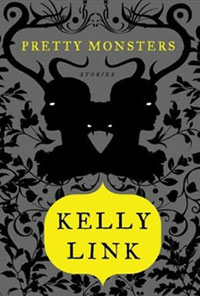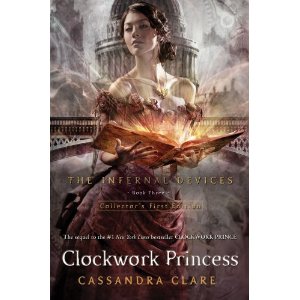I’ve never been good at keeping a diary. When I was 9 I was obsessed with the concept of having a notebook with a lock – but I’ve never had a tendency to regularly write in one. ‘My life isn’t interesting’ I used to complain, and get bored writing about things that happened in my day to day existence. I think it was that feeling that drew me to fiction, both writing and reading.

The girl who could move objects with her mind and read more books than anyone else was one of my first
From Enid Blyton (I know) to Roald Dahl, to JK Rowling, my childhood was filled with the fantastic and the unbelievable. Fairy tales and magic were the things that filled my nights, and early mornings and every scrap of thought I could spare during the day.
I surrounded myself with these stories, not just on paper but on television and in film also. An over exposure to ’90s superhero cartoons gave me an appetite for all things Marvel and DC although I never got much further than watching the cartoons and eventual movies – I never had access to affordable comics. They captured my imagination just as much as fairy tales and fantasy did though. If you had asked me I would have said that superheroes were fantasy stories told with modern explanations (an over-simplification, I know but still). This carried on to science fiction with Star Wars and, when I was a little older, Lord of the Rings.
All of these worlds that I felt were more interesting, more compelling, more filled with possibility than my own captivated me. I used to come up with my own stories and adventures within them, manipulating the characters into scenarios that I thought were best. I didn’t know the term ‘fanfiction’ but it was something that I was engaging in before I knew what it was. Although my experience of fandom was more isolated than most people’s (we had dial up landline internet until I was 17), I would still have counted myself as a member of all of these fandoms.

I lived in desperate hope that I would one day receive my Hogwarts letter – no matter how late it was
One of the reasons I used to like to make up my own versions of the story was that, as far as I could tell, there wasn’t anyone like me in those stories (I know this breaks the first rule of fanfiction – don’t insert yourself into the story- I was young). There were girls, yes, but they were incredible action girls, or they were beautiful sorcerers, or they were geniuses – and despite all of these incredible qualities they were rarely the main character – the main character was almost always a ‘normal’ boy. Now he almost always discovered something incredible about himself by the end of the story, but as a child I couldn’t understand why it was always this character I identified with the most, and yet this character was almost never a normal girl like me. there was never a girl who was awkward and shy, or nervous and bookish but still desperate to be taken on an adventure. I couldn’t see myself in the confident super powered women that were on screen or in the story, but I could imagine being taken on an incredible adventure by a wizard.

These women are among my favourite characters, but they were never anything less than incredible to me
There were exceptions to this and I know that there have been countless arguments about the lack of women in fantasy and science fiction blockbusters – all of which are far more eloquent than I – so I’m not writing to complain about the lack of female characters in these stories. What I’m writing about is the fact that I still loved those stories, they still took my breath away and allowed me to imagine new exciting worlds, and imagine that although I was a girl with no skills that I could see would be of use in a fire fight, I could still find a place within them. The question of female representation is an important one that people need to keep asking but I often find myself even now often questioning whether it’s still acceptable that I love Lord of the Rings and I raced to watch the new Star Wars trailer like everyone else? I’d like to say it is. That doesn’t change the fact that I was asking those questions at 9 years old – I can’t believe that other girls weren’t.
I know that the landscape is changing with more and more stories with female protagonists from all walks of life are being released every day, and I love that that’s something I’m getting to experience. I feel like those stories are filling me up and I can’t get enough of them.
I’d love to be able to tell the girl who imagined going on adventures in Middle Earth that those stories are coming. I think that she would still want Middle Earth and Hogwarts and galaxies far far away, but she’d want new worlds as well, where awkward, shy girls get to tell the story too.










